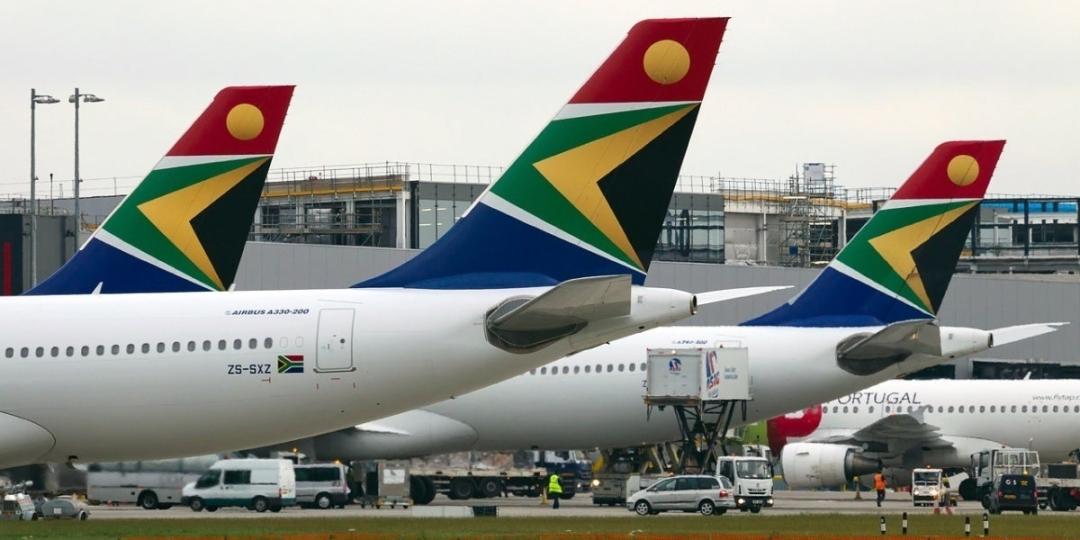The restructuring of SAA has always been the first prize pursued by its Business Rescue Practitioners (BRPs), who have been co-operating with government since the start of the process as required by the Companies Act, says Louise Brugman, spokesperson for BRPs, Les Matuson and Siviwe Dongwana.
She says the co-operation outlined in a Memorandum of Understanding signed on May 12 by both parties is “nothing new”. “The BRPs’ objective was always to restructure the airline, dependent on funding from the shareholder. The BRPs have always included proposals and ideas from the DPE (Department of Public Enterprises) and they have never been at liberty to sell assets without the commitment from the shareholder anyway.”
According to the MoU, both parties agree to co-operate in the development of a business rescue plan that will result in “a restructured, efficient and sustainable SAA or a ‘NewCo’ with no reliance on the fiscus”. They’ve agreed on a defined interim period ending June 30, during which the DPE will formulate proposals to be included in the business rescue plan. During this period there will be no sales of assets, nor negotiations in this regard without consultation with and involvement of the DPE. The parties have also agreed on an optimal saving of jobs in the business rescue process.
Three work streams will be established:
* A finance work stream will look at available cash and the minimum costs of operations to be incurred and funded during the interim period.
* An assets work stream will determine the asset base and which assets will be required for a functional and operational airline either through a sustainable ‘OldCo’ or ‘NewCo’ option.
* A labour work stream will seek convergence between the Section 189 retrenchment process led by the BRPs and a ‘Leadership Compact’ forged recently between Public Enterprises Minister Pravin Gordhan and trade unions.
The MoU is being painted as a truce between the parties after the Minister last week publicly criticised the BRPs for failing to produce a plan while spending R5.5bn (€275.43m) of pre-commencement funding, including contracting aviation consultancy Alvarez & Marsal for R35m (€1.75m).
He has used his authority granted by the Public Finances Management Act to stall assets sales or liquidation moves, instead reaching an agreement with trade unions for a restructuring of a ‘NewCo’.
Brugman says lack of funding remains the ultimate problem toward finding any solution. The BRPs have been dependent on Government for decisions on funding. According to the Companies Act, a rescue plan should have been tabled within 30 days, but the BRPs have received several extensions.
Brugman points out that in January the BRPs already presented Government with four options: liquidation; a restructured winding down; or different options of restructuring. Government opted for a light cost restructuring requiring a further R7.7bn (€385.55m), but in April ran out of funding options, leaving liquidation or winding down as the only options. She points out the BRPs stretched the R5.5bn to continue paying salaries until the end of April, as well as remaining tax compliant with regard to PAYE, UIF and skills development fund contributions.























